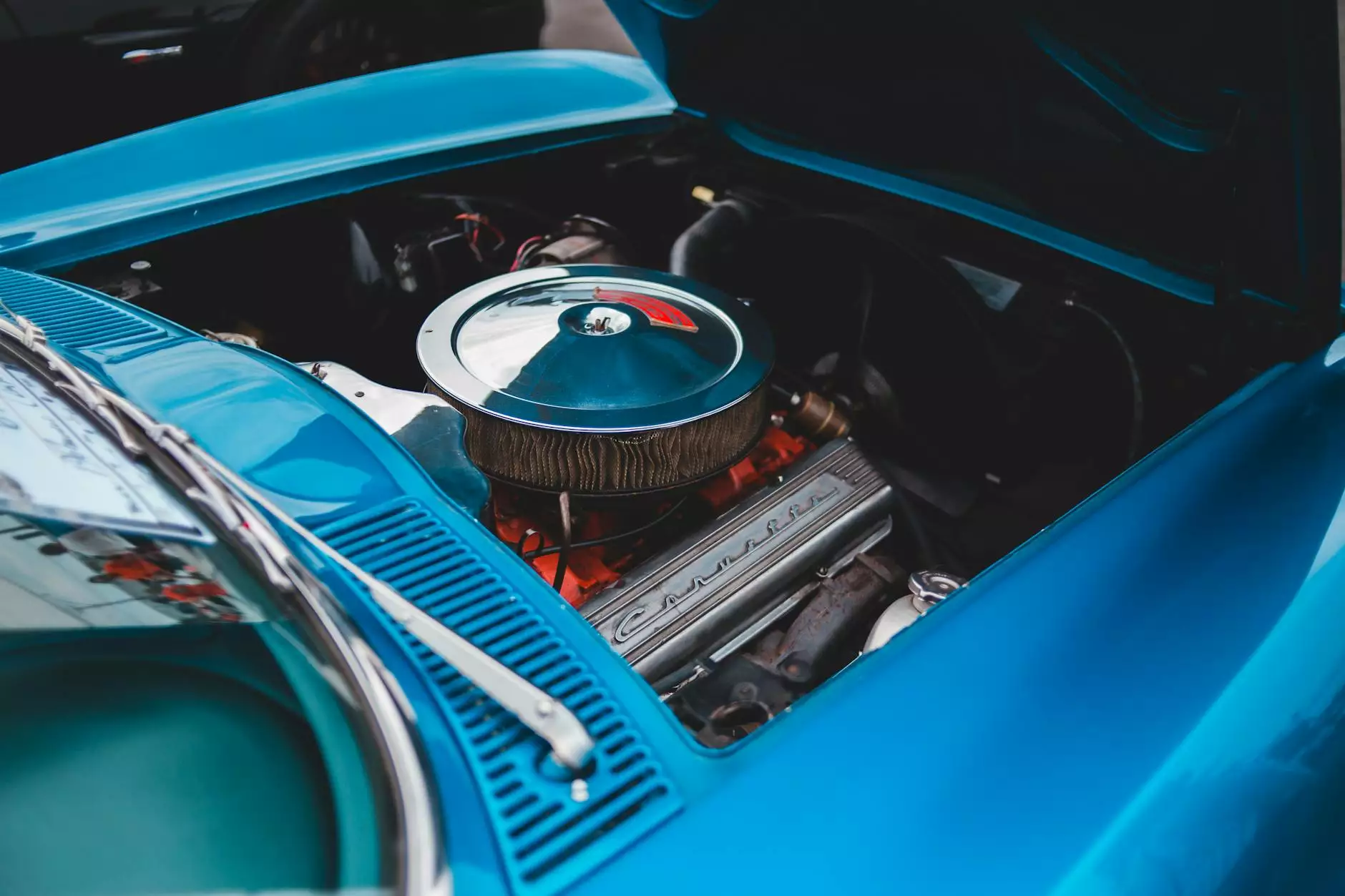Unveiling the Expertise of a Large Crankshaft Manufacturer

In the dynamic world of diesel engines, the large crankshaft manufacturer plays a pivotal role in ensuring the efficiency and durability of heavy machinery. As companies across various industries seek reliability and performance in their equipment, the demand for high-quality crankshafts has surged. This article delves deep into the significance of crankshaft manufacturing, the intricacies involved, and why choosing a reputed manufacturer is paramount for operational success.
Understanding the Crankshaft: The Heart of Diesel Engines
The crankshaft is fundamental to the operation of any diesel engine, acting as the link between the linear motion of the pistons and the rotational motion required to power the vehicle or machinery. Its design and construction are critical, as the crankshaft must withstand tremendous forces and torque generated during engine operation.
The Role of the Crankshaft in Engine Efficiency
A well-designed crankshaft contributes significantly to engine efficiency. Here are a few reasons why:
- Torque Transmission: It converts the linear force from the pistons into rotational energy, driving the engine’s output.
- Vibration Damping: A correctly balanced crankshaft minimizes vibrations, leading to a smoother operation and less wear on engine components.
- Durability and Wear Resistance: High-quality materials and manufacturing processes enhance the lifespan of the crankshaft.
The Manufacturing Process of Crankshafts
The process of manufacturing crankshafts is a blend of art and science. Reputed large crankshaft manufacturers like client-diesel.com follow rigorous standards to ensure quality.
1. Material Selection
The choice of material is crucial in crankshaft manufacturing. Common materials include:
- Alloy Steel: Offers high strength and excellent fatigue properties, ideal for heavy-duty applications.
- Cast Iron: Often used for lower power applications due to its cost-effectiveness and good wear resistance.
- Forged Steel: Preferred for high-performance engines due to its superior strength and durability.
2. Precision Machining
After selecting the appropriate materials, the manufacturing process continues with precision machining. This involves:
- Turning and Grinding: These processes shape the crankshaft to precise specifications to ensure perfect fitment and balance.
- Heat Treatment: Optional processes like hardening can be applied to enhance material properties.
- Surface Finishing: Techniques like polishing reduce friction and wear, leading to improved performance.
Quality Assurance: The Cornerstone of Manufacturing
Quality assurance is non-negotiable for a large crankshaft manufacturer. Manufacturers implement strict testing protocols to validate the integrity and performance of each crankshaft.
1. Dimensional Inspection
Every crankshaft undergoes comprehensive dimensional checks using advanced equipment like coordinate measuring machines (CMM) to ensure it meets design specifications.
2. Non-Destructive Testing (NDT)
NDT methods such as magnetic particle inspection or ultrasonic testing are employed to detect internal flaws without damaging the crankshaft.
3. Performance Testing
Final products are often subjected to performance testing in simulated engine conditions to assess their reliability and operational capabilities.
The Importance of Partnering with a Reliable Supplier
Choosing the right manufacturing partner is crucial for businesses focusing on efficiency and quality. Here’s why:
1. Expertise and Experience
With years of experience in the industry, a leading large crankshaft manufacturer brings unparalleled expertise, ensuring that all products meet the high standards required by modern engines.
2. Custom Solutions
Different engines have unique requirements. A reputable manufacturer can offer customized solutions, producing crankshafts tailored to specific operational needs.
3. Strong After-Sales Support
Working with a trusted supplier means access to robust after-sales support, including technical assistance, warranty services, and timely delivery of spare parts.
Trends in Crankshaft Manufacturing
As technology evolves, the crankshaft manufacturing sector is witnessing significant innovations:
1. Advancements in Materials
The introduction of lighter and stronger materials, such as carbon fiber composites, is revolutionizing the design of crankshafts, offering enhanced performance and fuel efficiency.
2. Automation and Industry 4.0
Industry 4.0 technologies, including IoT and AI, are improving manufacturing processes, enabling real-time monitoring, predictive maintenance, and enhanced quality control.
3. Sustainable Manufacturing Practices
As environmental concerns grow, manufacturers are adopting sustainable practices, including recycling materials and minimizing waste during production.
Conclusion: Make the Right Choice for Your Diesel Engine Parts
In conclusion, selecting a competent large crankshaft manufacturer like client-diesel.com is pivotal for anyone in the diesel engine sector looking to optimize performance and reliability. The expertise, quality assurance measures, and innovative practices employed by leading manufacturers set them apart as preferred partners for businesses. Invest in quality, and ensure your engines run smoothly with the finest crankshafts available in the market.
For more information on high-quality diesel engine parts and crankshafts, visit client-diesel.com.









